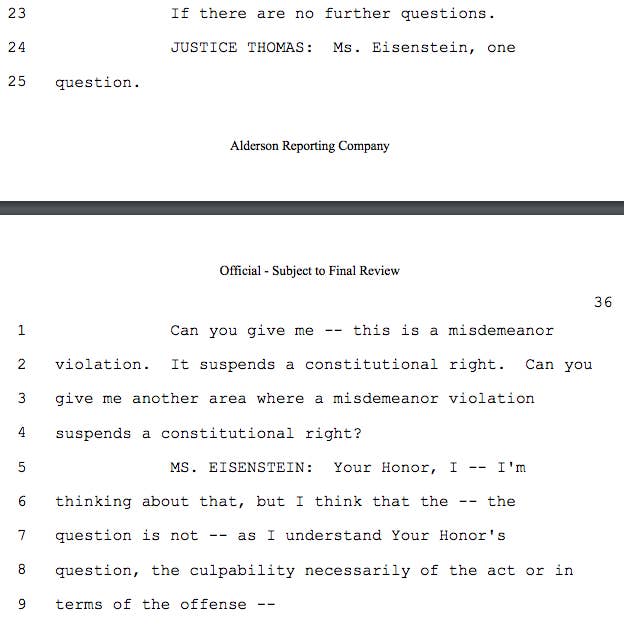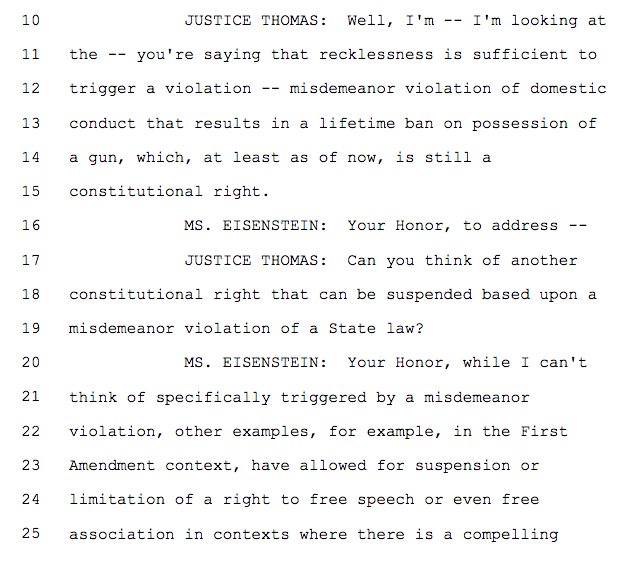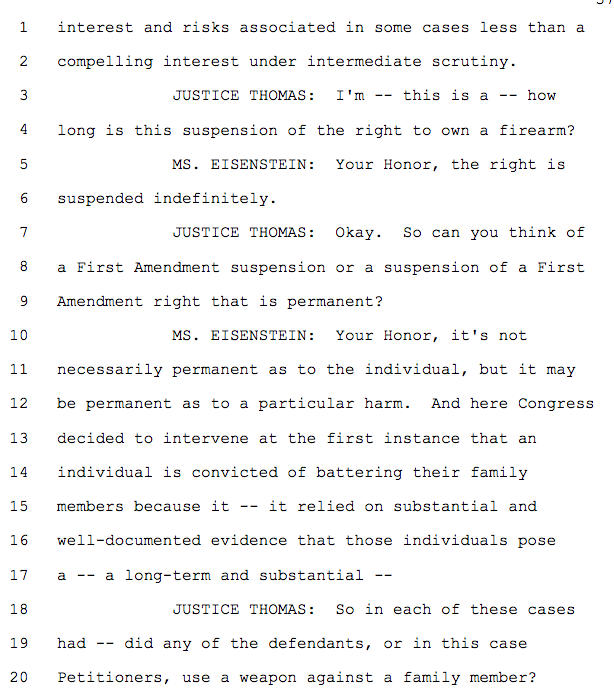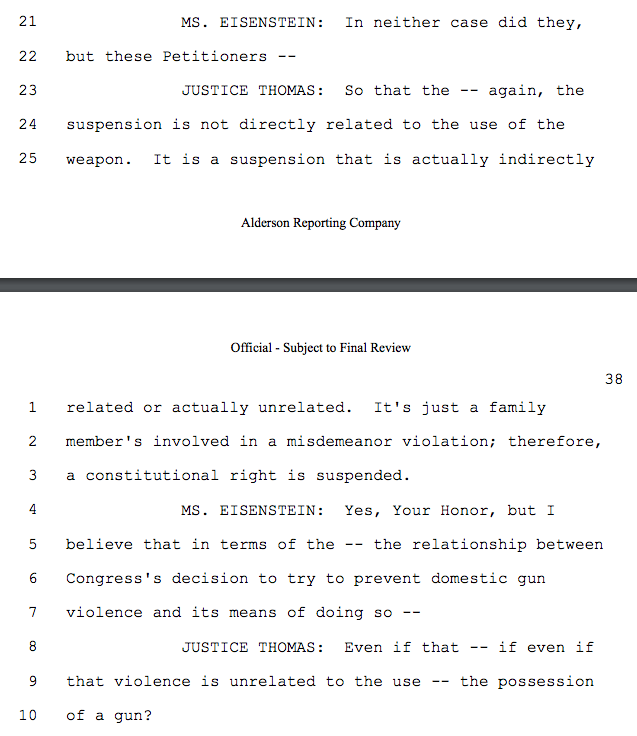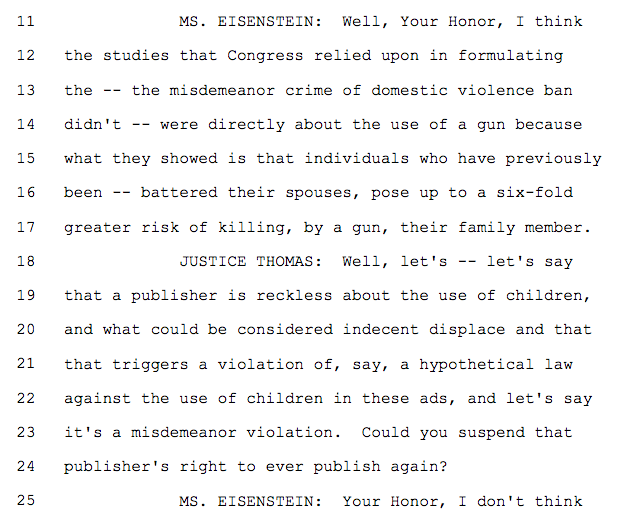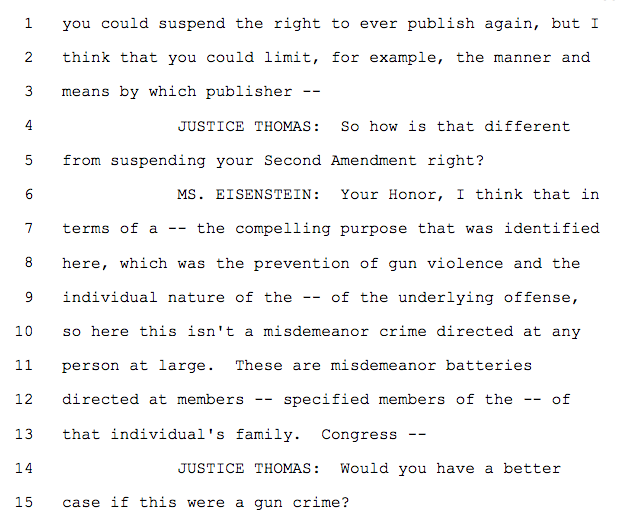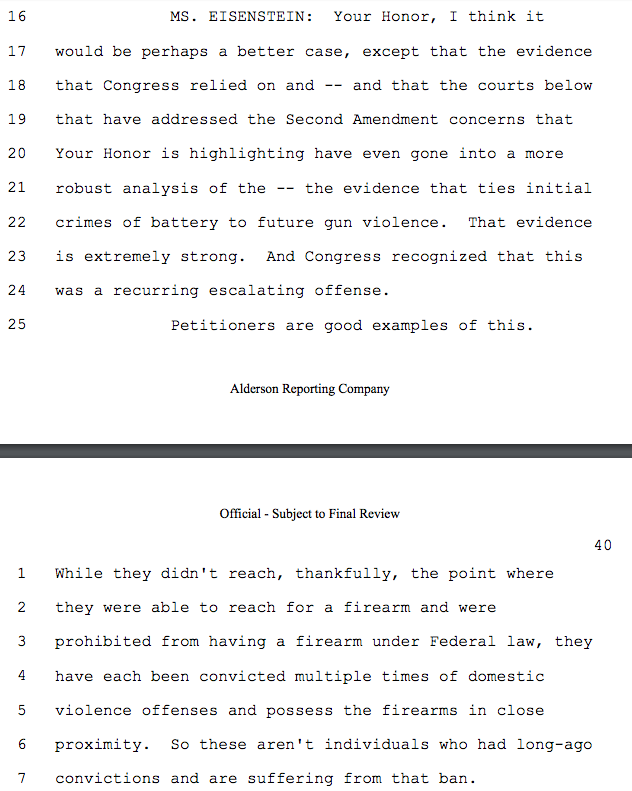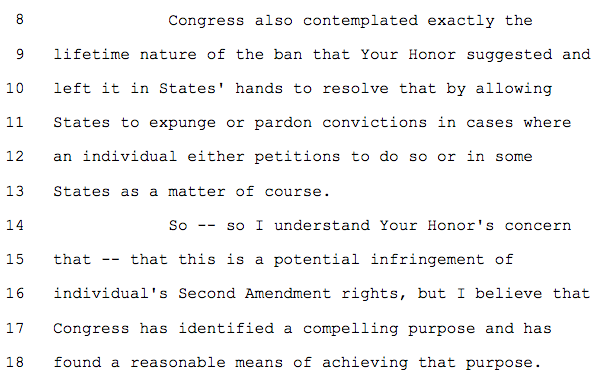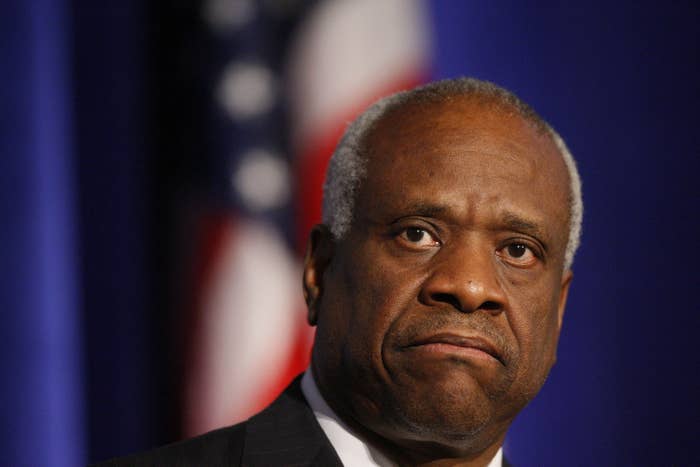
WASHINGTON — U.S. Supreme Court Justice Clarence Thomas asked several questions during oral arguments on Monday — the first time he has done so in more than 10 years.
Thomas was silent for much of the debate, in a case that involved legal definitions for domestic violence and gun ownership. Thomas's question comes just weeks after Justice Antonin Scalia — his fellow conservative and originalist — passed away.
Thomas spoke once during his question hiatus, making a one-sentence joke in a 2013 case. The transcript indicates there was laughter.
It appeared Monday's case would pass without a question from Thomas, as is usual.
"If there are no further questions," the federal government's attorney, Ilana Eisenstein began, after answering questions from the other justices.
"Ms. Eisensten, one question," Thomas said. "This is a misdemeanor violation. It suspends a constitutional right. Can you give me another example where a misdemeanor suspends a constitutional right?"
The back-and-forth lasted for roughly five minutes, with Thomas asking several questions.
"You're saying that recklessness is sufficient" to result in a "lifetime ban on possession of a gun," Thomas said. "Which, at least as of now, is a constitutional right."
"In these cases, did any of the petitioners use a weapon?"
Eisenstein responded that they had not.
"So again, the suspension is not directly related to the use of the weapon," Thomas said.
Eisenstein responded that those who commit domestic violence are much more likely to use a gun to kill their partner.
Thomas then floated a hypothetical question, comparing the Second Amendment's protection of gun ownership to the First Amendment's protection of speech. He asked if the government could suspend someone's right to ever publish again if they were convicted of a misdemeanor.
When Eisenstein responded that she did not think the government could suspend the right to publish again in that case, Thomas responded with "So how is that different from suspending your Second Amendment right?"
Before Monday, Thomas' previous question took place Feb. 22, 2006 — in a death penalty case. He has been dismissive of oral arguments in general. “I think it’s unnecessary in deciding cases to ask that many questions, and I don’t think it’s helpful,” Thomas told Harvard Law School in 2013, adding that “most of the work is done in the briefs."
